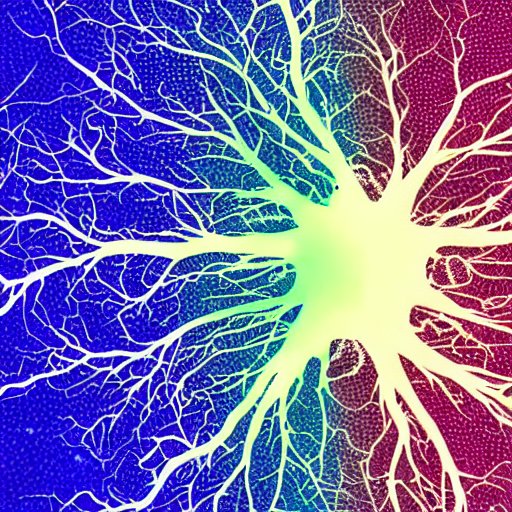April 30, 2015 by
Automated Analysis of Competing Hypotheses for Diagnostic Medical Decision Support

This was originally posted on blogger here.
It is with great pleasure I publish a project, hopefully to the benefit of society. With my co-author Kindall Deitman, I have published a Diagnostic Medical Decision Support System which implements analysis of competing hypotheses. It does so in the form of two new machine learning algorithms, the Bassett Deitmen Training Algorithm and the Bassett Deitmen Query Algorithm. For those who follow this blog, it should come as no surprise that the underlying model is a directed graph. For more information on the model, please reference the paper: Graph-based Diagnostic Medical Decision Support System. You may watch our presentation of the project, where we answer a few questions as well, here. If you would like to test or contribute to the model, it is licensed for non-commercial use here. Should the need arise for a commercial license, please contact myself or Ms. Deitmen.It is truly our hope that this model can benefit society as a whole. Medical diagnosis is something that happens, regardless of the skill of the practitioner. Whether it is a doctor with decade of experience, a new physician's assistant, a nurse in a small town or village, or even a bystander with little more than first aid training, when medical diagnosis is needed, it does not wait. This project hopefully puts the experience of innumerable medical practitioners at the fingertips of those who need it most. Additional, it hopefully brings a means of 'jogging the memory' of experienced medical practitioners who may have trouble remembering the obscure illnesses they rarely see.
There is certainly room for improvement. A rather long list of updates and improvements already exists as we look to increase the utility of the project. Nor is the approach constrained to medical diagnosis. The training and query algorithms can support any situation in which observations or signals must be used to prioritize hypotheses as to the cause. Still, there is a real and present need for such tools to help medical practitioners. In an age where EMRs hold an incredible wealth of knowledge, it is our hope that this project may allow us to truly begin to harness it for the good of all.